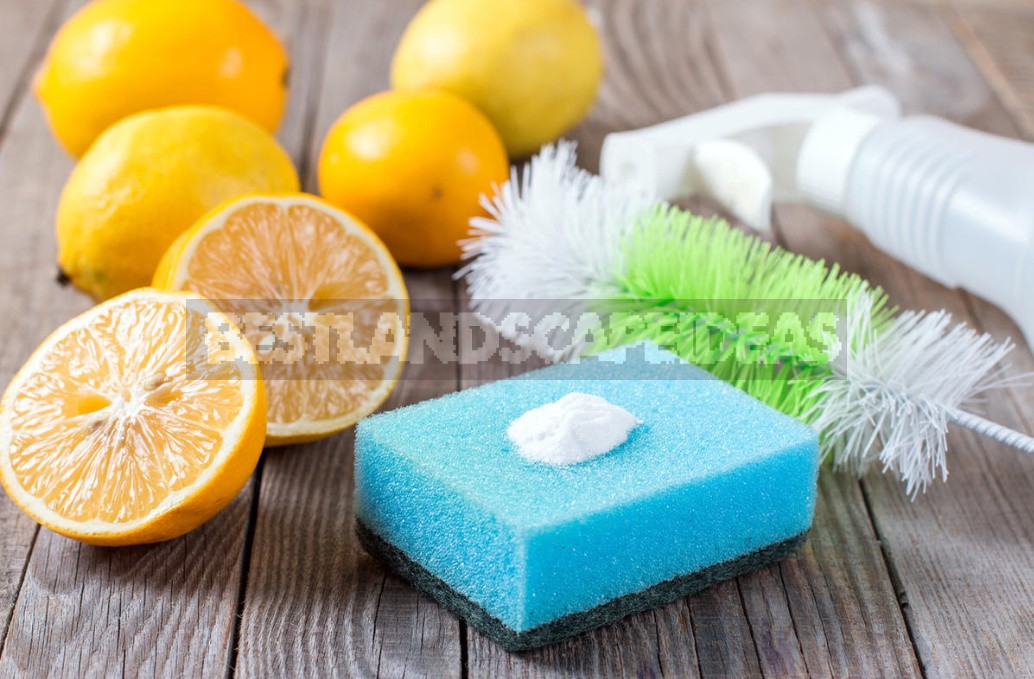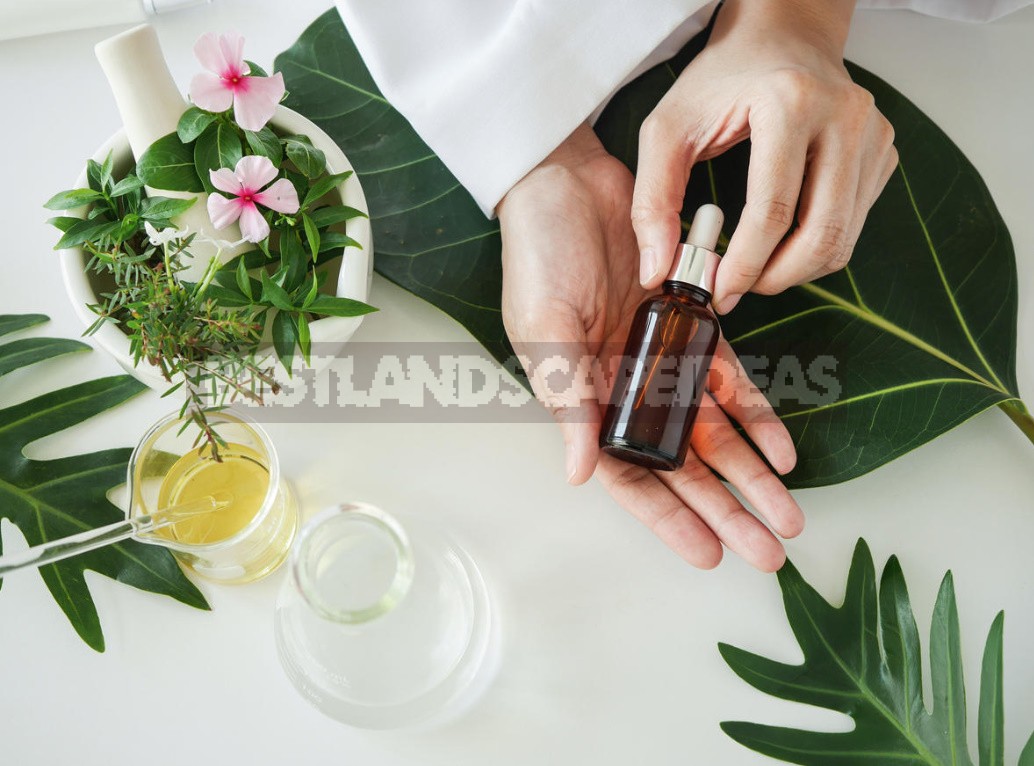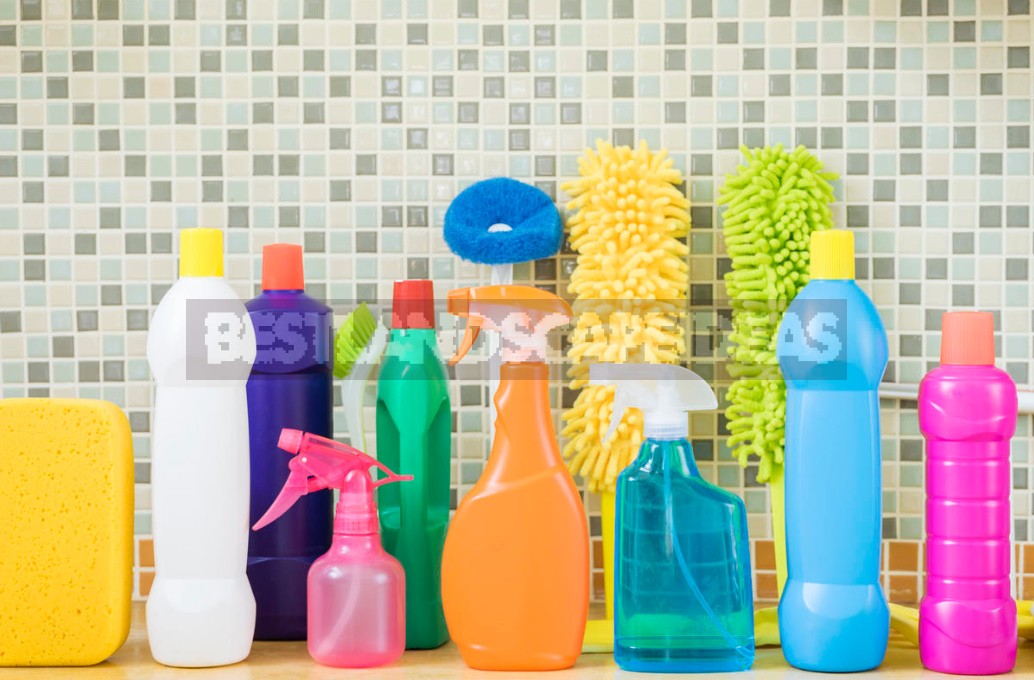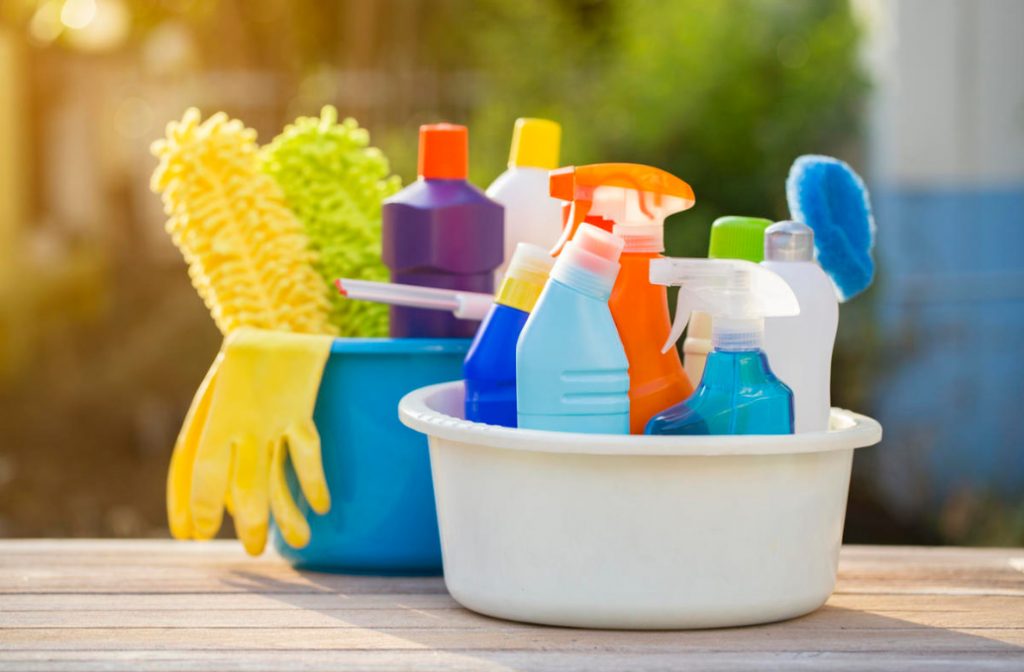Keep away from children, avoid contact with eyes-that’s what we know about detergents for sure. The rest is shrouded in myths: that household chemicals are gradually poisoning the planet, then you need to urgently switch to “grandmother’s” recipes… while giving up detergents almost no one is in a hurry — because we love the purity and Shine that manufacturers promise us!
Detergents are liquid, pasty, powdered and tableted. All modern means, as a rule, synthetic-are a combination of various chemical elements, and not always safe. They make us wonder: are we buying something that hurts us? Let’s figure out where the myth is and where the truth is.
Myth 1: the more expensive the detergent, the safer it is
The basis of the vast majority of modern detergents and cleaning products are surfactants. They allow us to quickly wash mountains of dishes, wash clothes and make perfectly transparent Windows – because the effectiveness of surfactants is very high. Incidentally, they have found their way into the soap.
The danger is that these substances remain on dishes or clothing and enter the body by breathing, with food or through the skin. That is why it is so important to rinse mugs and plates thoroughly after washing, and rinse washed clothes several times in clean water.

Expensive cleaning products, according to scientists, are often more aggressive and can contain more surfactants than budget. Therefore, focusing on the price is not the best way to determine the safety of the purchase. You need to look at the composition: the higher the index of surfactants, the more dangerous the tool.
Myth 2: it is better to abandon this chemistry and return to the good old folk methods
Sometimes “grandma’s” recipes can help with cleaning, replace dry cleaning and remove complex stains. For example, it is believed that a warm soap solution with baking soda is a good means for washing dishes, and vinegar successfully removes scale and copes with stains on clothes. And all this without toxic composition and harsh allergens.
But here’s the problem: natural cleaners can not be thrown into the washing machine as a powder to wash in large volumes. Synthetic powder to clean clothes much easier and faster than manually using soap. In today’s world, people need to save time spent on housekeeping, and synthetic detergents help to do this.

And yet, with the help of folk recipes, you can save a little and at least take care of the environment. Dry cleaners and laundries, which actively use quite aggressive cleaning and cleaning products, discharge drains with harmful substances into the sewer. There also fly dirt particles from clothes-soot, fat pollution, fibers erasable products. If part of the problems of cleanliness can be solved with the help of “grandmother’s means” – why not do it?
Myth 3: all detergents are harmful to health and the environment
Most modern detergents are not exactly useful. However, with household use, the threat to the body is not so much, if a person is not prone to allergic reactions and his immunity is not weakened. Workers of chemical enterprises, employees of pharmaceutical companies, physicians — that is, people who by virtue of their profession interact with chemical agents many times more often than others-are much more likely to get the disease.
But even in everyday life, you can reduce the harm from household chemicals-it is enough to pay attention to the composition of the product that you purchase. It is better to avoid shopping with substances such as phenols, formaldehyde, phosphates — all these substances in constant interaction with them provoke problems with the kidneys, heart, respiratory organs.

Environmentalists come to the conclusion that it is necessary to borrow the European experience of promoting “green” technologies to the market, trying to introduce natural elements into the composition of household chemicals.
Myth 4: phosphate products are banned in developed countries
It’s true. Products with phosphates are banned in Germany, Italy, Norway, Switzerland and other countries. Phosphates have one attractive feature-they help to reduce the hardness of water, because it is important for our clothes. But raw sewage with phosphates merges into rivers. All this affects the overall condition of the water that runs from the tap.

And phosphates affect the soil, and plants suffer from this, and it is important to understand everything, especially summer residents. How does phosphate act on the plants and the earth? They change the acidity of the soil, increase the content of salts in it. So even a simple soapy water to pour in the garden or garden should be very careful.
Myth 5: detergents are to blame for the rise in the number of children with autism
The theory that the development of the chemical industry and the huge demand for its products (in particular, detergents) provokes the development of autism in children is not proven. Since autism is generally little studied, there are many explanations for this diagnosis, but all theories do not have a convincing evidence base. Except for statistics (the number of children with autism spectrum disorder has increased in recent decades, as well as the scale of the chemical industry), these data are not confirmed by anything.

Myth 6: if the detergent is launched on sale, it is safe
Here is the same story as with food: if you want to be sure of buying, it is better to reread the composition once again.
If you follow the instructions, carefully study the composition of the funds and do everything for your safety (choose the least aggressive products; wash dishes and floor with gloves; know the weaknesses of your health), you can minimize the possible negative consequences.

Yes, absolutely safe synthetic detergents today, probably, does not exist. But we can’t give them up, and we probably don’t want to. Therefore, it is necessary to sensibly approach its choice and use, trusting not myths, but confirmed facts.
What do you think about it? Do you pay attention to the composition of the funds you use? Do you use natural “grandmother’s means” for washing and washing dishes? Share your opinion in the comments!






